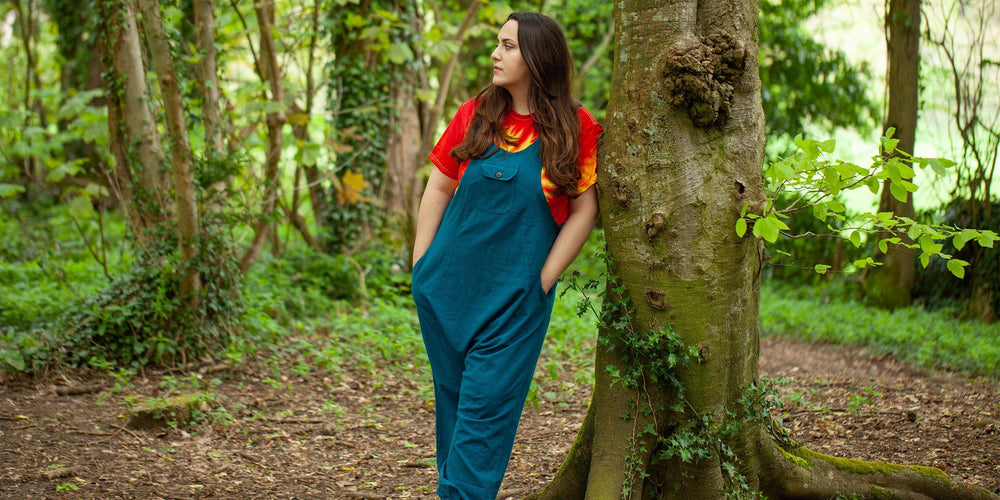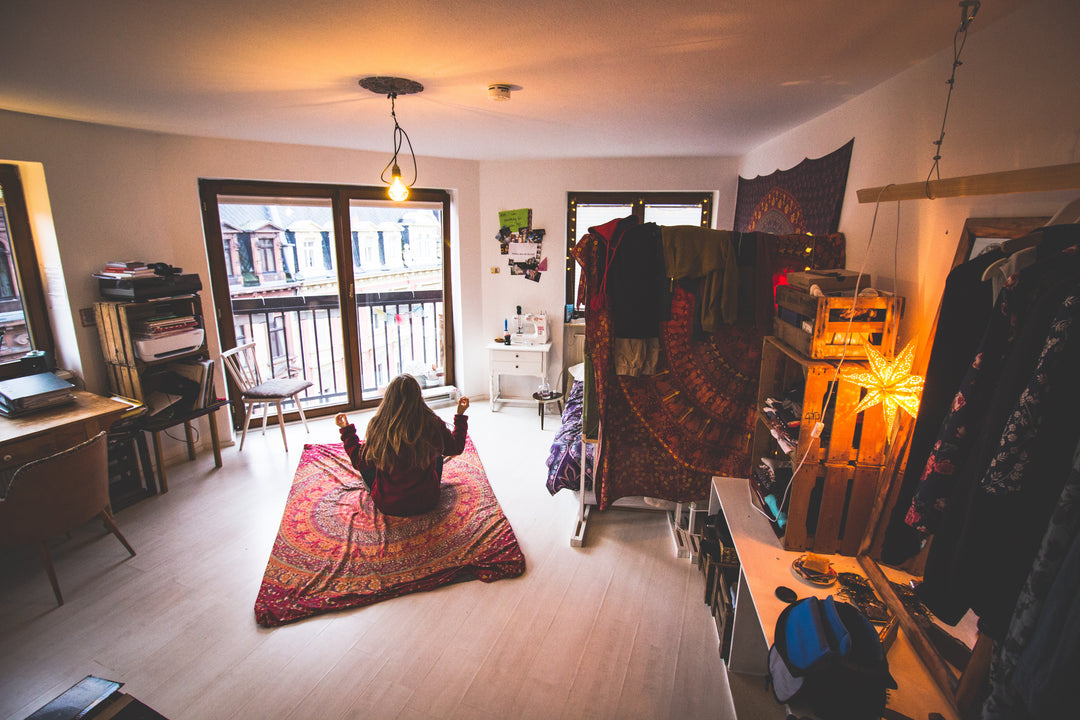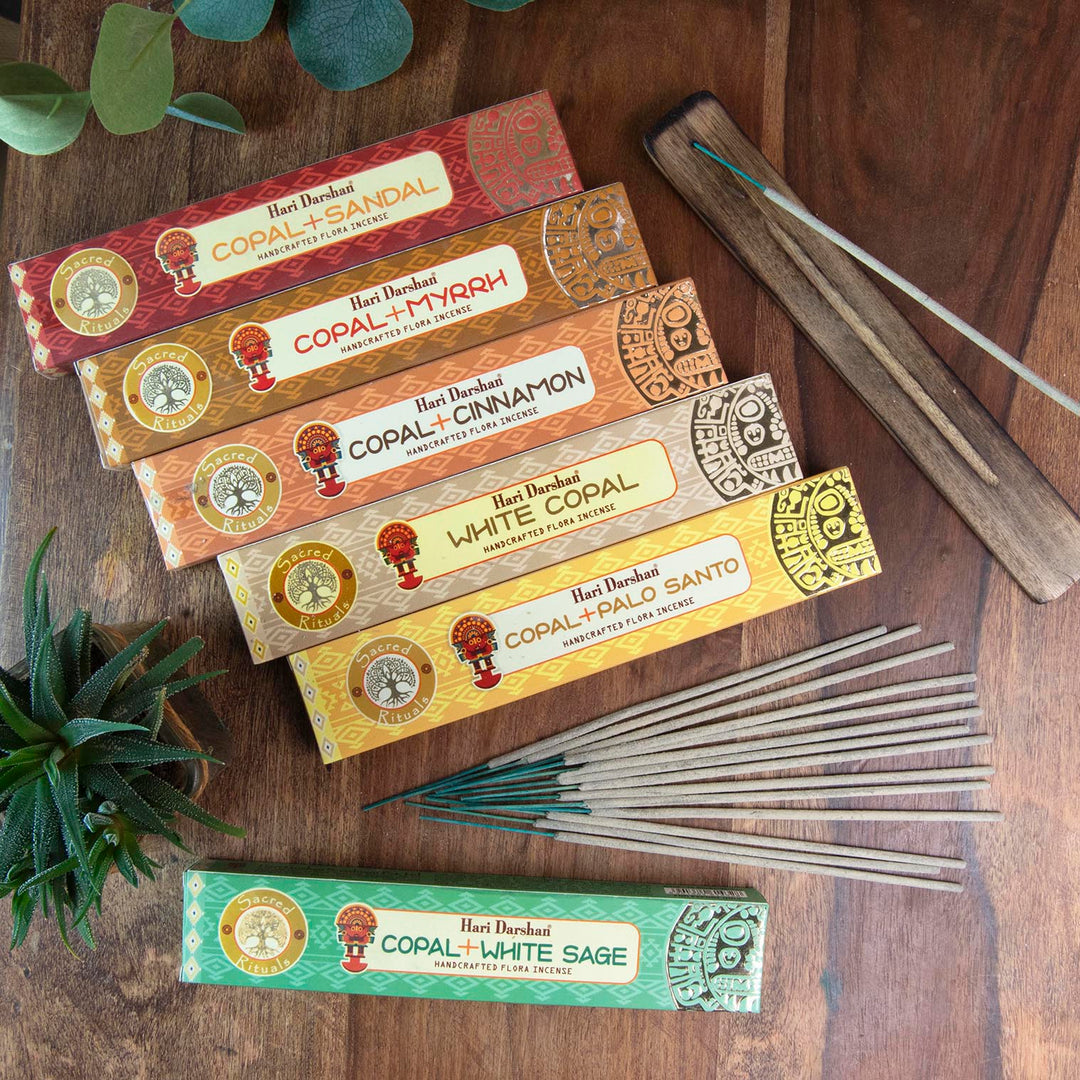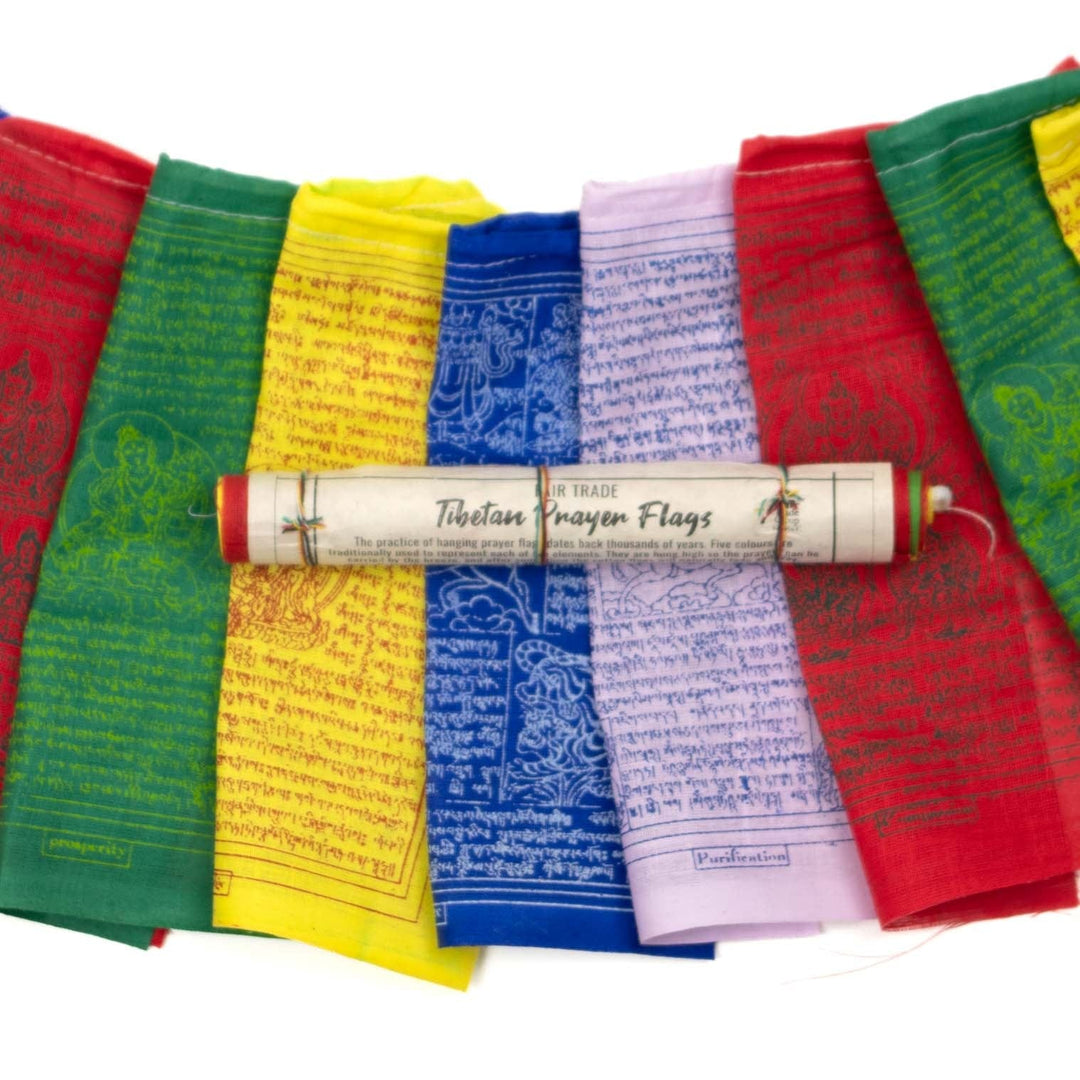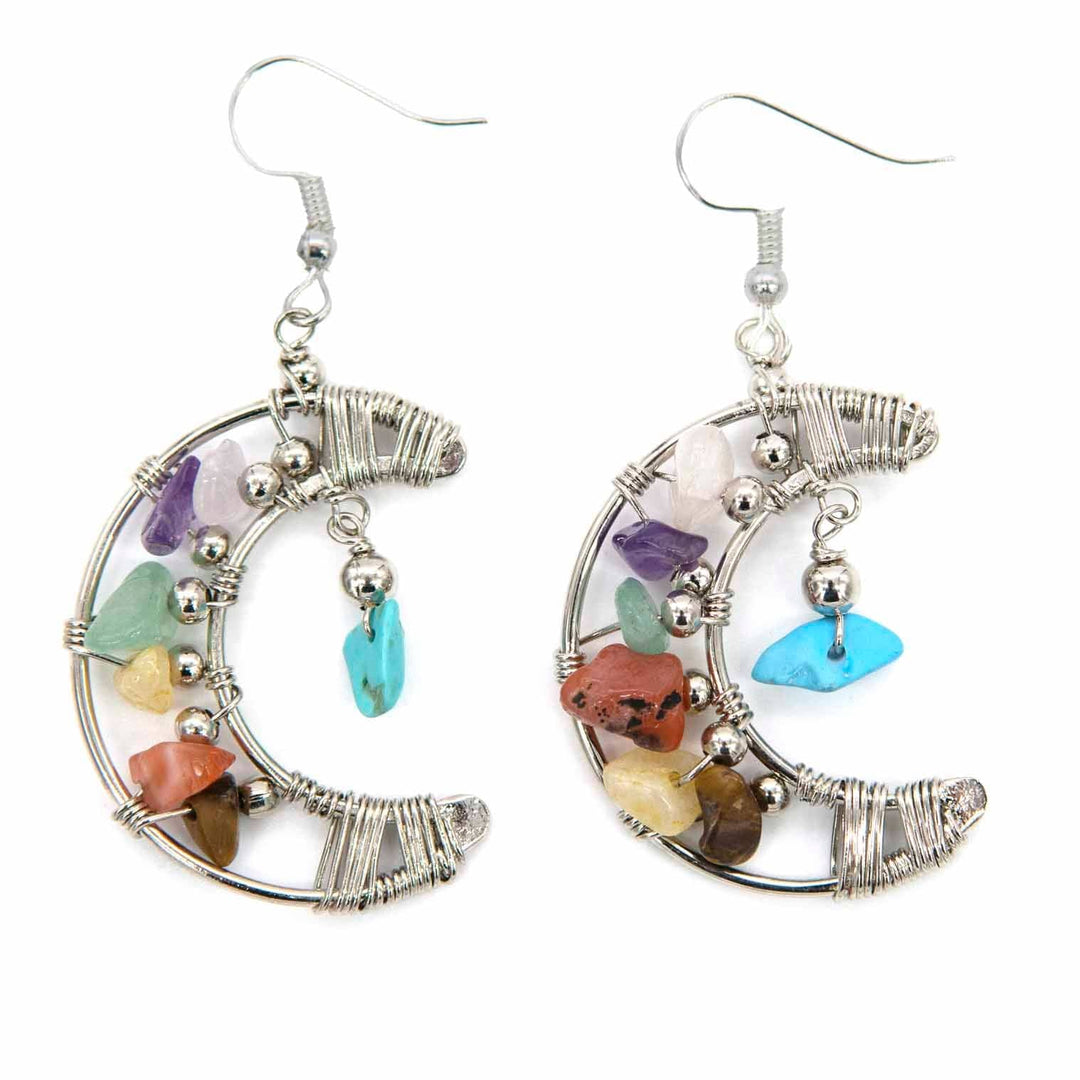What is sustainable fashion?
Sounds good doesn’t it – ‘sustainable fashion’ and it certainly eases a small part of the guilt seeing this on clothing labels after we’ve been on an online shopping spree. But what does being ‘sustainable’ actually entail? Clothing made in a sustainable manner is all about three key points; reducing material production and consumption, being as environmentally friendly as possible, and ensuring pieces have been produced in an ethical way.
Reducing material production and consumption
Fast fashion is at a record high, with clothes being mass produced at an increasingly alarming rate. The University of Queensland found that we now globally consume over 80 billion new clothing garments every year, which is 400% more than we were just 2 decades ago. These clothes are often cheaply produced, meaning they are low quality, and are often quickly discarded for new pieces. Whilst many people act like the earth is an unlimited resource of goods and materials, it’s not. Sustainable fashion is all about reducing mass consumption in a variety of different ways.
Some sustainable fashion brands opt for a ‘create-for-demand’ approach to clothing. This involves creating quality bespoke, made-to-order garments, rather than having an item mass produced. In doing this, it can be guaranteed that there will be no spares, and subsequently no materials are used unnecessarily.
Up-cycling, repairing and redesigning old clothes is also another great example of reducing material consumption. That old top which is frayed at the bottom? Don’t bin it – cut it into a crop! Your jeans that now feature a frayed hole at the knee? Sew on a funky material patch for a completely unique look! Patchwork clothing is a perfect way to up-cycle old clothes. By using patches of material from clothes that you would otherwise have thrown out, you can create a totally new piece, unique to you. Check out our easy-to-follow blog on how to make patchwork here.
Making clothes in an environmentally friendly manner
It’s very easy for us to purchase items of clothing without having a second thought from where our piece originated from, or the journey that it’s been on. For example, most of our t-shirts folded away in our drawers actually started out as fluffy fibre balls growing from a cotton plant in a hot climate abroad. But with the fashion industry being the second biggest polluting industry in the world after oil and gas, it’s time we started reflecting on the environmental damage purchasing new clothes is responsible for. Sustainable fashion ensures that any processes involved in the production of garments is as least damaging to the environment as possible. So back to that cotton t-shirt tucked away in your drawer... this will have roughly used over 2,700 litres of water to produce (WWF Report)! Sustainable clothing however uses materials such as organic cotton, which are created without the use of harmful chemicals and pesticides, and with as little water as possible.
Fairtrade and ethical
Similarly to how we are quick to disregard what our clothes are made from, we also tend to become blind to how they are produced. Unfortunately, the reality in the fashion industry is that the large majority of high-street products are produced overseas in rural, poor areas, such as areas of Indonesia, India, and Bangladesh where workers experience terrible working conditions. The Oxfam ‘Made in Poverty’ report found that nine out of ten workers interviewed in Bangladesh cannot afford enough food for themselves and their families, forcing them to regularly skip meals and eat inadequately, or be forced into debt.
So what does ‘Fairtrade’ mean? Fair-trade products seek to rectify the imbalance of power in these workplaces, ensuring workers are adequately paid for their hard work, and working conditions are acceptable. When buying Fairtrade-certified clothing, you can rest easy knowing that the people who made your garments were paid a fair wage allowing them to afford basic human necessities such as food, water and safe accommodation. The movement also ensures no child labour is occurring in any factories where clothing is made, something which unfortunately is all too common today.
So next time you’re looking to update your wardrobe, take a moment to think about the journey your clothes have been on. At Hippy Clothing we are super proud to be supporting sustainable fashion by using organic materials where we can and stocking garments made from upcycled materials, such as the Upcycled Sari wrap skirt or the Mini Hanky skirt! One step at a time, we can make the fashion industry a better place✨


